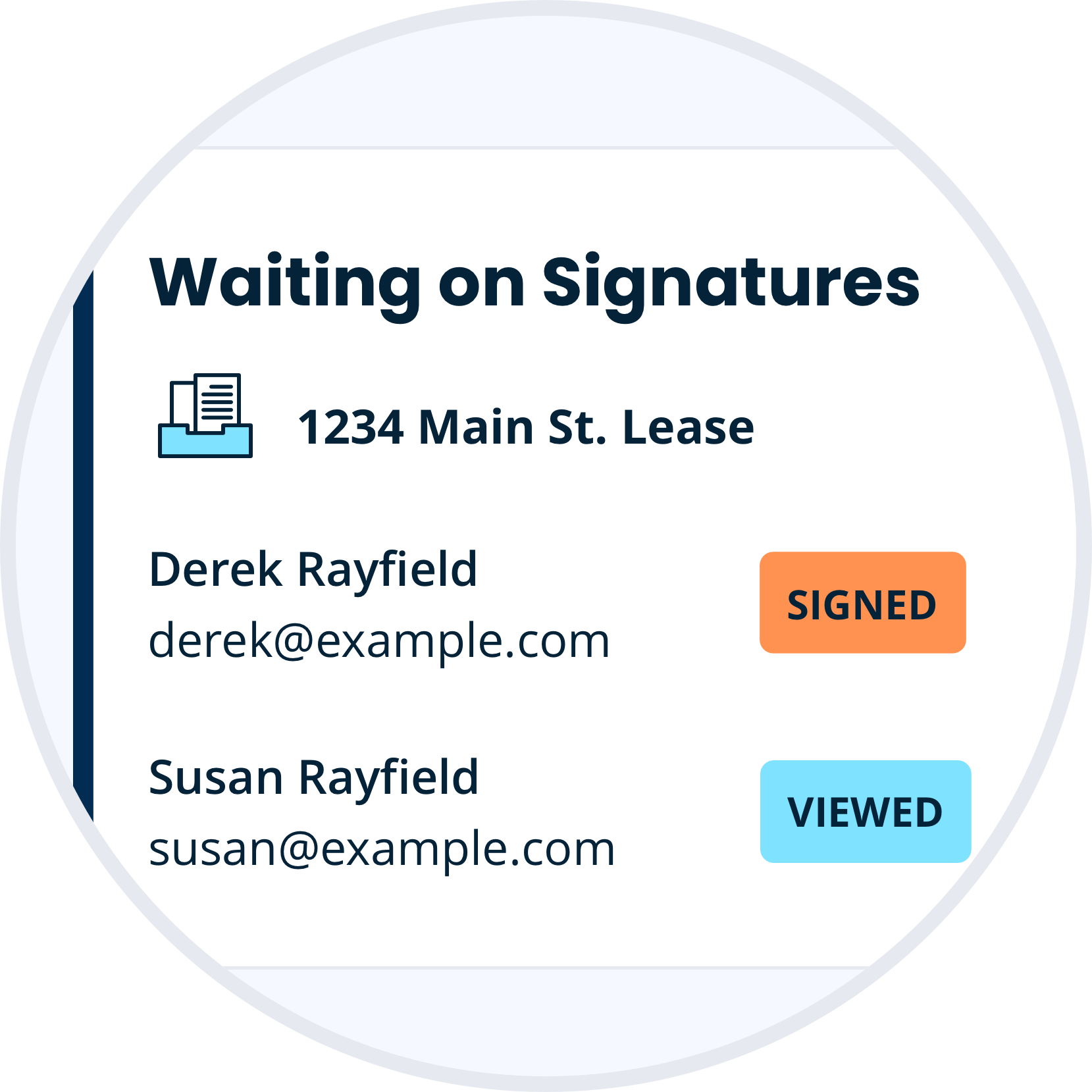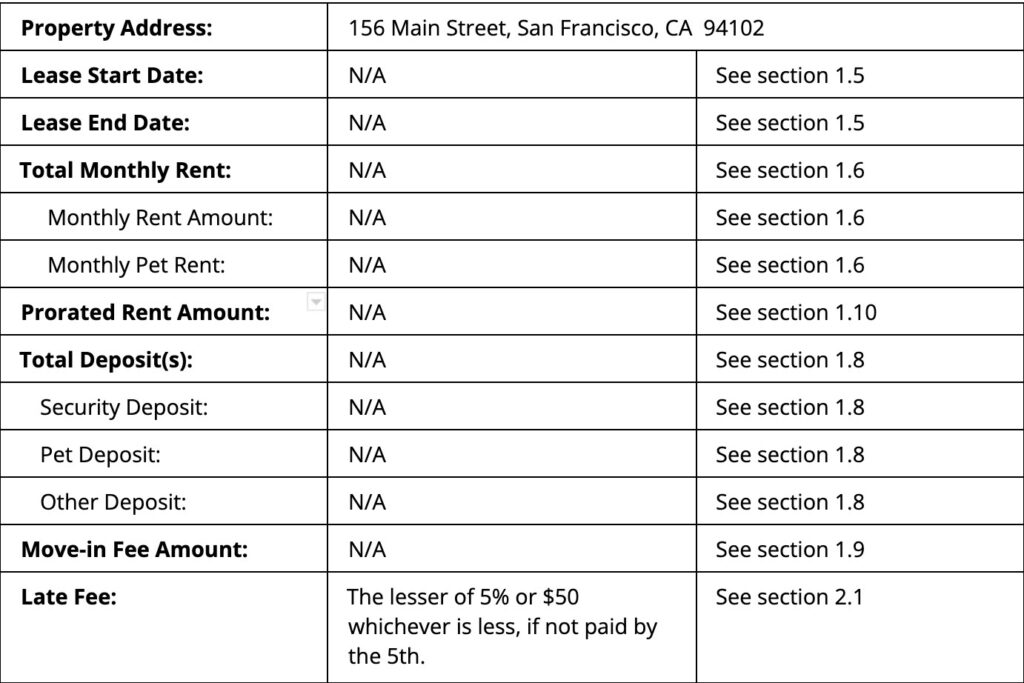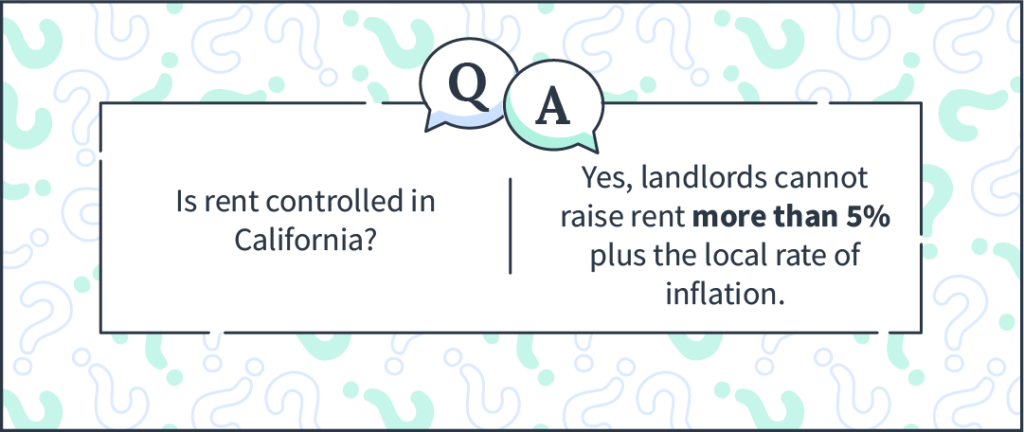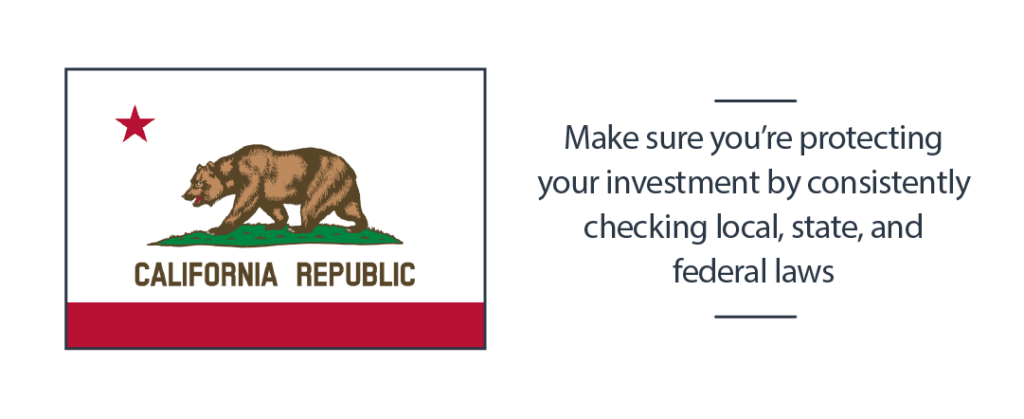California is the most populated state in the U.S. and with a great culture, climate, and diverse cities, and high renter demand, there is a place for every property investor. California is known for its strong tourism industry, agriculture, natural resources, and biotechnology. While cost of living is higher in California, its amenities and affordable rental options still makes it an attractive place to live.


Interested in diving deeper into California rental applications? Explore how our platform can simplify the process and ensure compliance with the specific regulations of the Golden State. Discover the benefits of customizable applications that allow you to include essential details such as pool usage, parking rules, and marijuana regulations. From tenant screening to digital signatures, learn how our platform can save you time and provide peace of mind in navigating California rental laws. Take the guesswork out of rental applications and unlock the potential of your California properties with our comprehensive solutions.
Laws that impact the rental market, landlords, and tenants are constantly being decided in states. Make sure you know what’s on your ballot – find California voting information.
California Renters’ Rights and Landlord Responsibilities
- Return security deposit within 21 days
- Landlords cannot raise the rent more than 5% + local rate of inflation
- Give reasonable notice of 24 hours before entering rental
When it comes to California rental laws, there are a few specifics landlords need to know:
- Security Deposits – Landlords must return the security deposit within 21 days of a tenant moving out. If landlords do not return the deposit before this time then they must mail or hand deliver a letter of explanation with a list of the deductions, the remaining deposit if applicable, and receipts for itemized deductions.
- Rent Raises – As of January 2020, landlords cannot raise the rent more than five percent, plus the local rate of inflation, in one year. For a new tenancy, landlords are allowed to establish any rental rate as rental increase caps only apply to increases to existing tenants. For details on rent raises in California, visit here.
- Filing for Eviction – As of January 2020, California’s eviction laws have been updated, specifically that the reason for the eviction must be stated in the eviction notice, there must be preliminary warning for tenant’s to fix the problem, and for no-fault evictions, relocation assistance is one month’s rent.
- Notice for Entering – Landlords must give reasonable advance notice, usually 24 hours, to enter the rental unit. Landlords may enter the unit without permission only in an emergency such as a fire.
- Rental Applications (Oakland only) – Landlords cannot ask about or require tenants to disclose their criminal background on an application. An exception to this rule is if the property is an owner-occupied unit such as single-family homes, duplexes, triplexes, and ADUs (Accessory Dwelling Units).
Security Deposits
California landlords must return their tenants’ security deposit within 21 days of a tenant moving out. If landlords do not return the deposit before this time, then they must mail or hand-deliver a letter of explanation with:
- The itemized list of deductions
- The remaining deposit (if applicable)
- Receipts for itemized deductions over $125.00
Required Sex Offender Register Database Notification
Pursuant to Section 290.46 of the Penal Code, information about specified registered sex offenders is made available to the public via an Internet Web site maintained by the Department of Justice at www.meganslaw.ca.gov. Depending on an offender’s criminal history, this information will include either the address at which the offender resides or the community of residence and ZIP Code in which the offender resides.
Utilities
Shared Utility Notification
Any utilities that are not separately metered must be disclosed to the tenant along with listing each shared utility, how the utilities are divided, and the payment arrangement.
Filing for Eviction in California
As of January 2020, California’s eviction laws have been updated, specifically that the reason for the eviction must be stated in the eviction notice, there must be preliminary warning for tenant’s to fix the problem, and for no-fault evictions, relocation assistance is one month’s rent.
Additionally, state laws on eviction cases were amended during the COVID-19 pandemic. The law provided protections for tenants who were given an eviction notice because they were unable to pay their rent or other charges due to COVID-19-related financial distress between March 1, 2020, through March 31, 2022.
The state offered a rental assistance program to pay landlords the rent due during that period on behalf of qualifying tenants.
As of July 1, 2022, landlords are no longer required to provide verifications regarding rental assistance in order for the court to issue a summons in an unlawful detainer case. However, verifications are still required to obtain a judgment or a default judgment. Learn more about current California eviction laws.
California Landlord-Tenant Law FAQ
Below are answers to some of the most commonly-asked questions when it comes to landlord-tenant laws in California:
Can You Withhold Rent in California?
Yes, tenants can withhold rent in California if landlords have failed to fix serious problems that make habitability hard. However, you cannot withhold rent entirely because you must pay the reasonable value of the rental in its damaged state. Check local laws for any specifications on withholding rent.
How Long Does it Take to Evict a Tenant in California?
Generally, it can take around 45 days. Please visit the state’s website to get full details on the eviction process.
Is California a Landlord-Friendly State?
California is generally a landlord-friendly state where landlords can charge rental application fees (maximum of $50) and collect security deposits. Make sure to always check local area laws along with state laws to ensure you’re fully educated.
What is the Eviction Process in California?
Landlords may be allowed to evict tenants if they do one of the following: fail to pay rent on time, breaks the lease and does not fix the issue, uses the rental property for illegal activities, seriously damages the property, or is a serious nuisance to other tenants and neighbors. Here you can find full details on eviction laws and processes.
How Much Notice Does a Landlord Have to Give a Tenant to Move Out in California?
A landlord needs to give a written notice allowing you to move out within 30 days, or 60 days if you’ve lived in the rental property for a year or longer.
Due Diligence and California Rental Laws
TurboTenant has utilized many municipal sources along with official state statutes in order to compile this information to the best of our ability. However, local laws are always in flux, and landlords and tenants alike should be sure to do their due diligence and consult legal help when it’s needed. We hope the following list can serve as a valuable resource and allow you to succeed as a tenant or landlord in California. Be sure to take proper precautions when it comes to finding the top candidates for your unit by utilizing our online rental application and tenant screening services.
Disclaimer: TurboTenant, Inc does not provide legal advice. This material has been prepared for informational purposes only. All users are advised to check all applicable local, state, and federal laws and consult legal counsel should questions arise.

Unlimited Everything.
Create a single California lease agreement, or subscribe and receive unlimited lease agreements, landlord forms pack, and e-signs for a simple annual fee. Be confident with all the legal forms and tools you need as a professional landlord.
Discover Our Unlimited Plan





